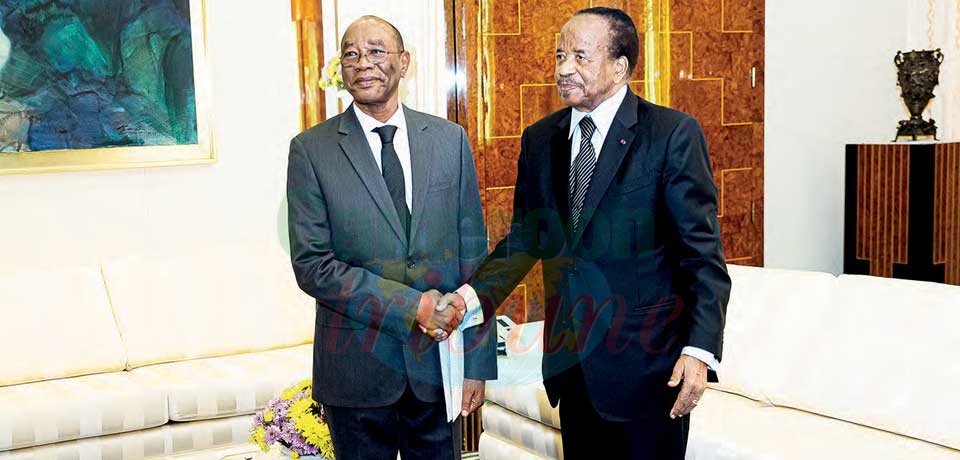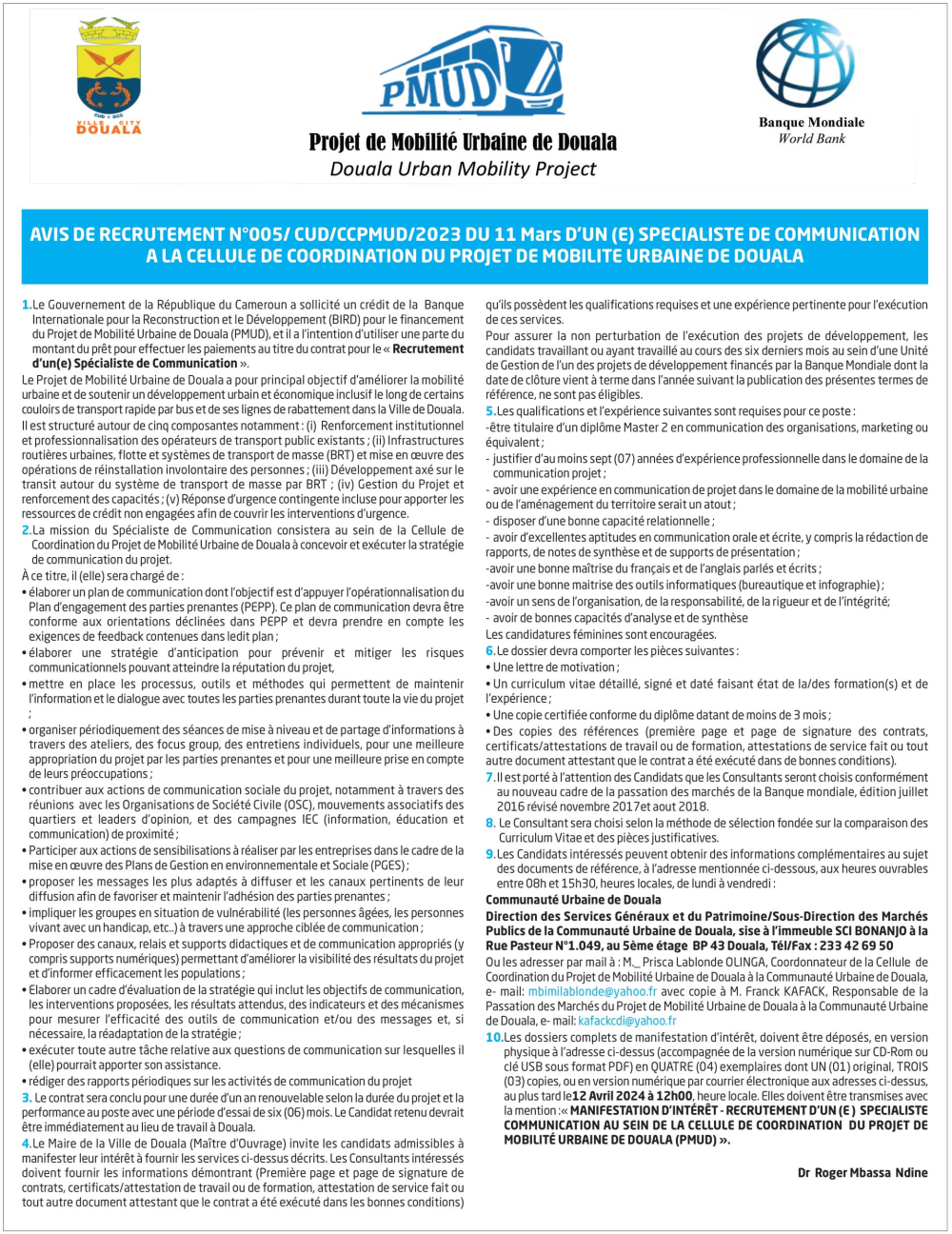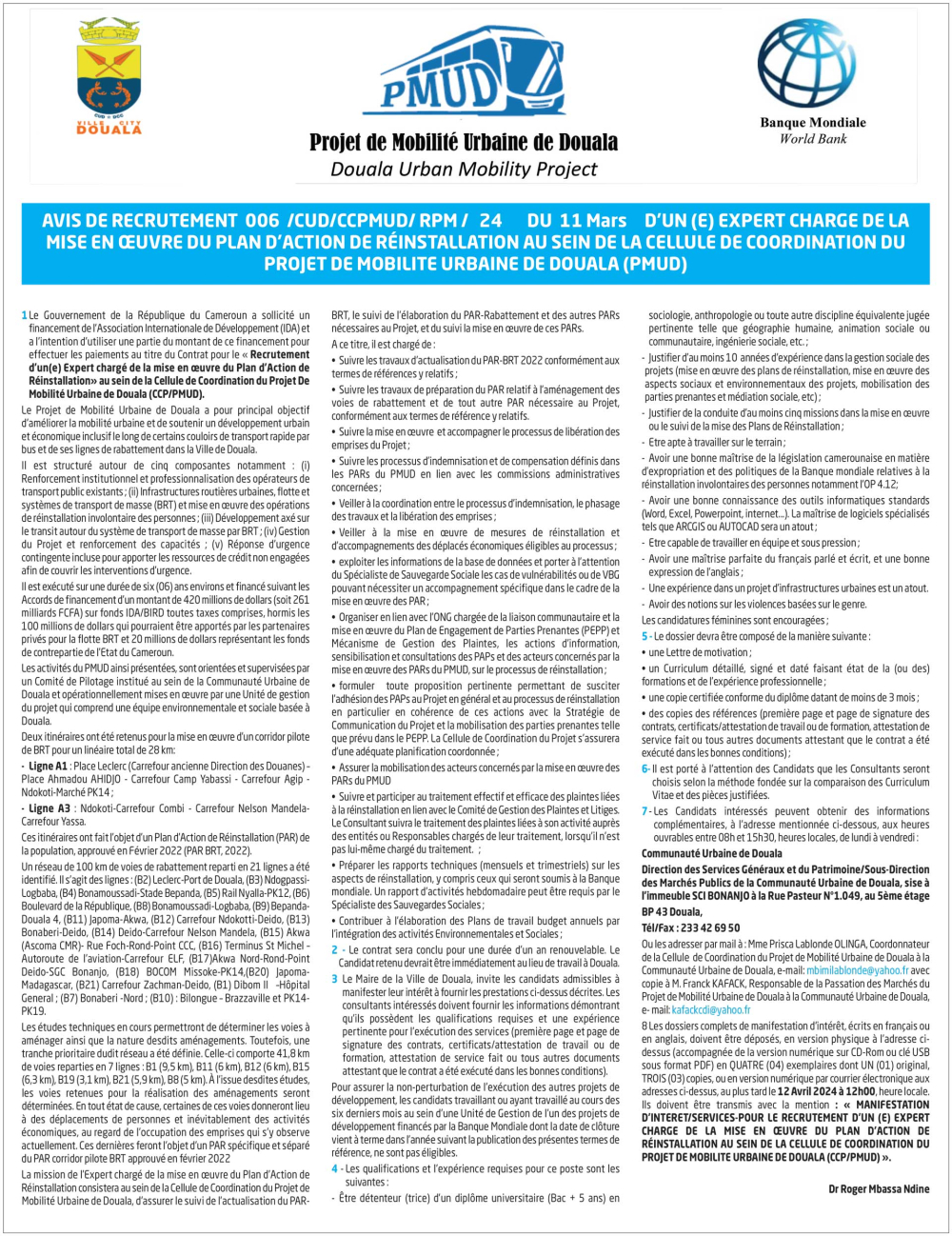Commentary
If only for recent talk and action of the Head of State, the long-drawn discourse but apparently snail-pace decentralisation process in the country could witness a new lease of life in the months and years ahead. After reiterating government’s resolve to fast-track the devolution process during his State-of-the nation’s address on December 31, 2017, here comes President Paul Biya again with a move to materialise the promise.
One of the outstanding novelties in the March 2, 2018 cabinet reshuffle is the creation of a whole ministry dedicated to decentralisation and local development. The hitherto Ministry of Territorial Administration and Decentralisation has been split into two: Ministry of Territorial Administration and Ministry of Decentralisation and Local Development. This move, no doubt, falls in line with President Biya’s, “conviction that our fellow citizens desire greater participation in managing their affairs, especially at the local level.”
It is therefore clear that when the country’s highest authority told his fellow compatriots on December 31, 2017, “it is my firm belief that fast-tracking our decentralisation process will enhance the development of our Regions. To that end, I have ordered the implementation of the necessary measures to speedily give effect to this major reform,” he meant real business.
It couldn’t have been otherwise, given the hurdles citizens continually went through in the somewhat centralised governance system and the prejudice such a practice left on the socio-economic development of the country, talk less of some social tensions which an effective devolution of competences and resources would have pre-empted. The Head of State has thus spoken loudly and acted clearly.
There is every reason to hope that these moves could trigger tangible decentralisation in the country. Citizens have heard quite much about the process, they have been well lectured on what such a good governance procedure could fetch for them in terms of their participation in the management of State affairs and their development. Consequently, it is high time they see the process in practice.
It is common knowledge that decentralisation enhances greater citizen input in governance as it strengthens both local elite and central State, opens the way for popular participation in decision- making about policy design and implementation as well as ignites higher level of government’s responsiveness to demands and citizenship tolerance
. More so because local officials have a better knowledge of local realities than central government officials and are thus better positioned to respond to local taste and preferences.
The contrary of this breeds mistrust, frustration and ea...
Cet article complet est réservé aux abonnés
Déjà abonné ? Identifiez-vous >
Accédez en illimité à Cameroon Tribune Digital à partir de 26250 FCFA
Je M'abonne1 minute suffit pour vous abonner à Cameroon Tribune Digital !
- Votre numéro spécial cameroon-tribune en version numérique
- Des encarts
- Des appels d'offres exclusives
- D'avant-première (accès 24h avant la publication)
- Des éditions consultables sur tous supports (smartphone, tablettes, PC)
















Commentaires